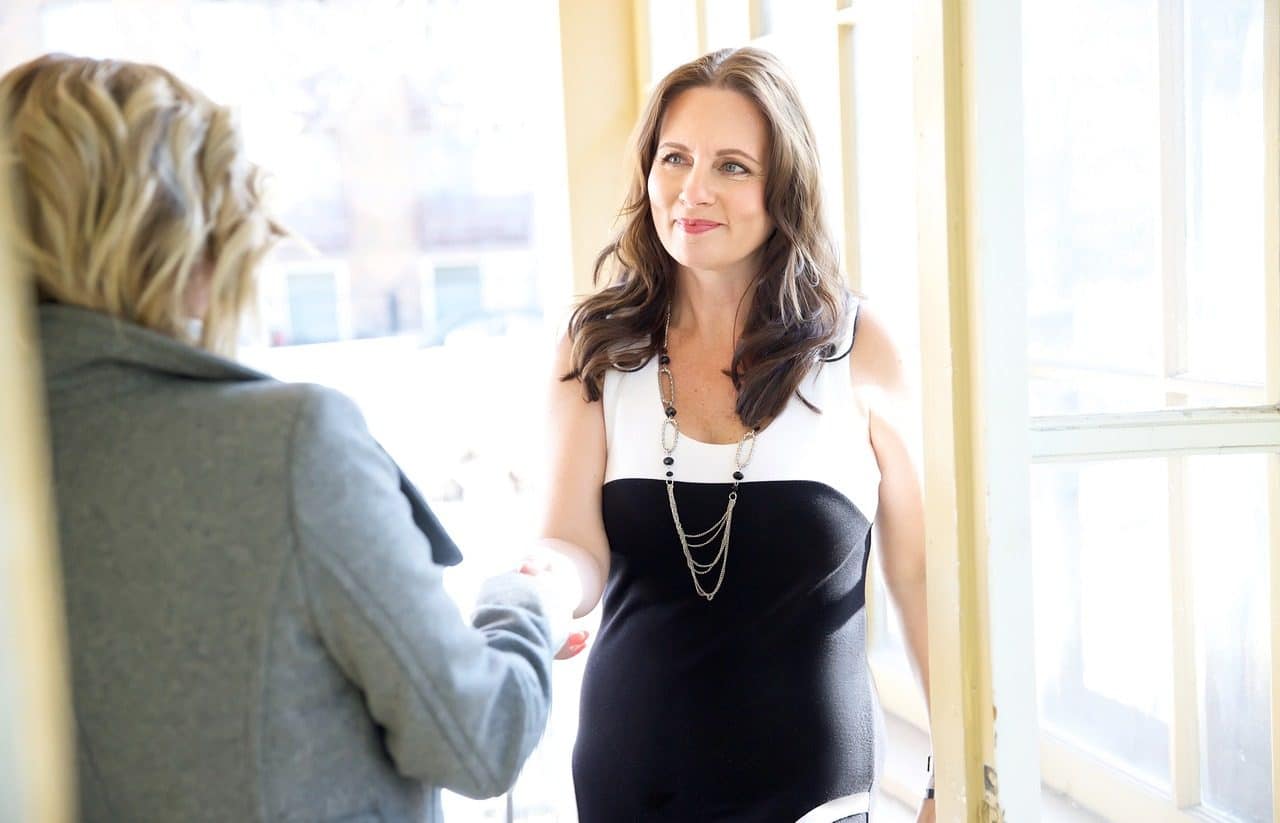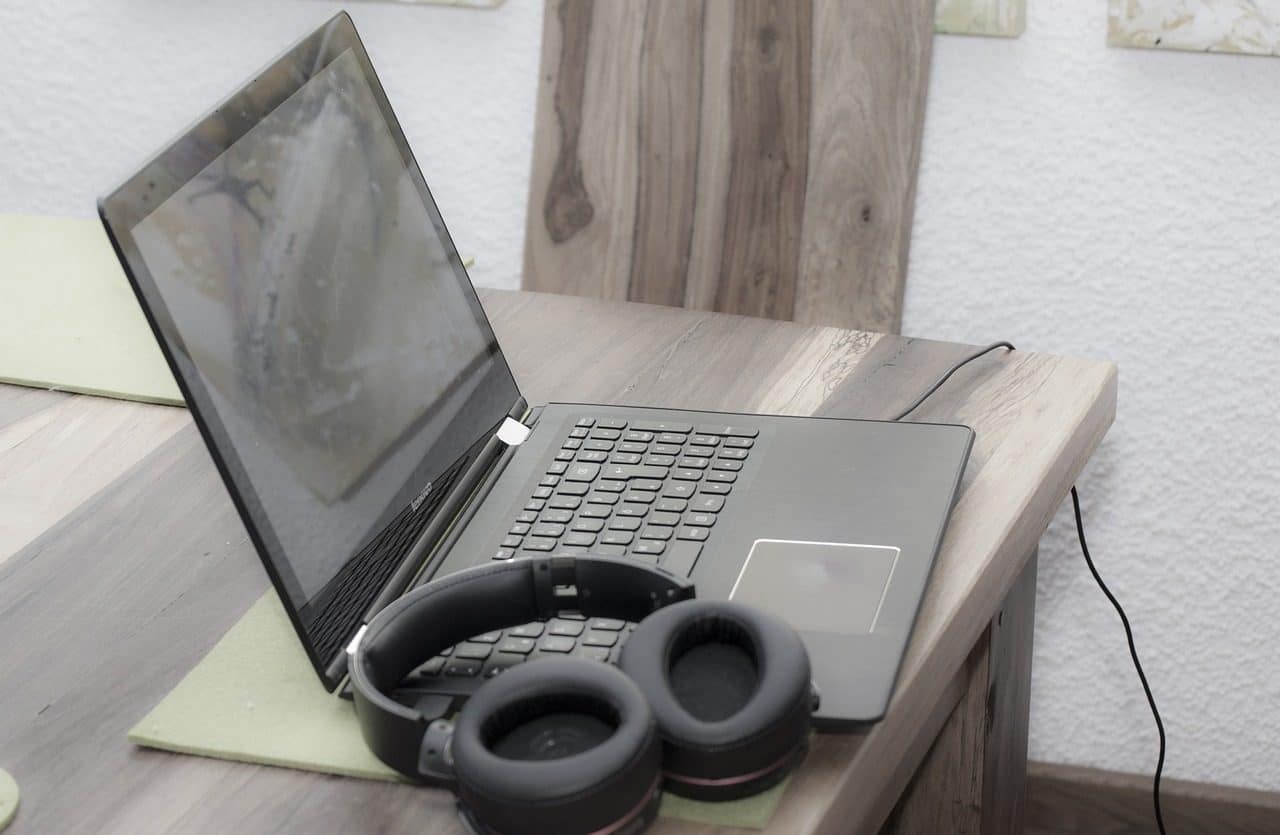
The job interview is the opportunity to make a favorable first impression.
A job interview is an assessment process in which an employer meets with a candidate to discuss their suitability for a job. The interviewer asks questions about the candidate's professional experience, technical skills, educational background and motivation, while the latter has the opportunity to ask questions about the hiring company and the job description. The goal is to determine if the candidate is a good fit for the role and the organization.
Job interview examples
The following examples illustrate how a candidate can answer common job interview questions, demonstrating their skills, experience, and adaptability with conviction.
Question about work experience
Interviewer: Can you tell me about your experience in your last job?
Candidate: I worked as a digital marketing analyst at company XYZ . I was responsible for planning and executing online marketing campaigns, analyzing performance metrics and optimizing strategies. One of my biggest achievements was increasing organic website traffic by 50% in six months by implementing an SEO strategy.
Question about job skills and competencies
Interviewer: What are your main strengths?
Candidate: Problem solving, effective communication and time management. For example, at my previous job, when we faced a technical issue affecting our email campaigns, I investigated and resolved it quickly, minimizing the impact on our campaigns.
Question about adaptability and continuous learning
Interviewer: How do you handle changes in the workplace?
Candidate: I think change can be an opportunity to improve and learn. For example, when our company implemented a new project management system, I took the initiative to learn how to use it and helped my colleagues adapt, resulting in a smoother transition for the team.
Question about teamwork
Interviewer: Describe a situation in which you worked as a team to achieve a goal.
Candidate: On a recent project, our team had to launch a new product under a tight deadline. We collaborate closely, assigning tasks based on our individual strengths and maintaining constant communication. My main role was to coordinate marketing activities and ensure that all promotional materials were ready on time. Thanks to our joint efforts, we managed to successfully launch the product and exceed our initial sales goals.
Question about career goals
Interviewer: Where do you see yourself in five years?
Candidate: Advanced in my career in the field of digital marketing, with a focus on professional growth strategies and data analysis. I would like to take on leadership roles, where I can guide a team and contribute to the growth of the company.

Thanks to the advancement of digital tools, job interviews via videoconference exist.
Classification
There are several types of job interviews, each designed to evaluate different aspects of candidates.
Telephone interview
This is usually an initial screening stage to filter candidates before a more in-depth in-person or video conference interview.
Aim:
- evaluate verbal communication;
- corroborate basic details of the Curriculum Vitae (CV) ;
- Confirm that the candidate meets the minimum requirements of the position.
Video interview
It is carried out using tools such as Zoom, Skype or Microsoft Teams. It is especially useful for candidates who are in locations other than the company.
Aim:
- evaluate the candidate's presentation and communication in a virtual environment;
- facilitate the participation of multiple interviewers from different locations.
Face-to-face interview
Face to face between the candidate and the interviewer in the company office. It can be an individual interview or with a panel of interviewers.
Aim:
- evaluate the applicant 's interpersonal skills;
- observe their body language;
- facilitate a deeper conversation about your experience and skills.
Group interview
Several candidates are interviewed at the same time by one or more interviewers. This allows us to observe their group dynamics.
Aim:
- evaluate how candidates perform in a group setting;
- identify leadership, collaboration and team communication skills.
panel interview
A candidate is interviewed by several interviewers at the same time. These usually represent different departments of the company.
Aim:
- obtain a more complete perspective of the candidate;
- facilitate joint hiring decision-making by different departments.
Behavioral interview
It is based on the premise that past behavior is a good predictor of future behavior. Interviewers ask about past experiences and how the candidate handled them.
Aim:
- evaluate the candidate's skills and abilities using concrete examples from their experience;
- obtain a clearer view of the candidate's behavior in real situations.
Technical interview
It focuses on evaluating the candidate's technical skills and knowledge. It may include practical tests or detailed technical questions .
Aim:
- determine the candidate's technical ability to perform the job;
- evaluate the candidate's specific knowledge in areas relevant to the position.
Case interview
The candidate is given a specific problem or case to solve during the interview . Common in consultancies and roles that require analytical skills.
Aim:
- assess the candidate's problem-solving and critical thinking skills;
- observe how the candidate approaches and solves complex problems.
Situational interview
It focuses on how the candidate would handle hypothetical work- related situations. Interviewers present specific scenarios and ask the candidate how they would approach them.
Aim:
- evaluate the candidate's problem-solving and decision-making skills;
- predict future behavior based on responses to specific situations.
Stress interview
The interviewer creates a high-pressure or uncomfortable situation to gauge how the candidate reacts. It may include challenging questions or a hostile environment.
Aim:
- assess the candidate's ability to handle stress and pressure;
- Observe how the candidate stays calm and responds in difficult situations.

The group job interview allows us to observe the applicants' capacity for teamwork.
Cover letter
The cover letter is a document that accompanies the resume in a job application. Its purpose is to present the candidate in a more personalized way and explain why they are the ideal person for the position. Usually includes:
- introduction : a brief introduction of the candidate and the reason for the letter;
- motivation : reasons why the candidate is interested in the position and the company;
- experience and skills – summary of relevant work experience and skills, highlighting how these meet the requirements of the position;
- Conclusion : An invitation to continue the selection process and an expression of gratitude for the consideration.
The cover letter should be clear, concise and personalized for the position for which you are applying, showing the candidate's enthusiasm and knowledge of the company.
Professional portfolio
The professional portfolio is a compilation of the candidate's work and achievements that demonstrates his or her skills, experience and competencies in a specific field. May include:
- completed projects : descriptions and examples of completed projects, including images, reports, case studies or links to online works;
- Featured Work – Samples of work that highlight the candidate's best skills;
- certifications and recognitions : copies of certificates, awards and recognitions obtained;
- testimonials and references : positive comments from clients, previous employers or colleagues;
- additional information : any other material that demonstrates the candidate's capabilities, such as publications, presentations, or participation in conferences.
A professional portfolio is especially useful in creative and technical fields, such as graphic design, writing, web development, architecture, and others, where practical demonstration of skills is crucial. It can be in physical or digital format, the latter being increasingly common due to its accessibility and ease of updating.
